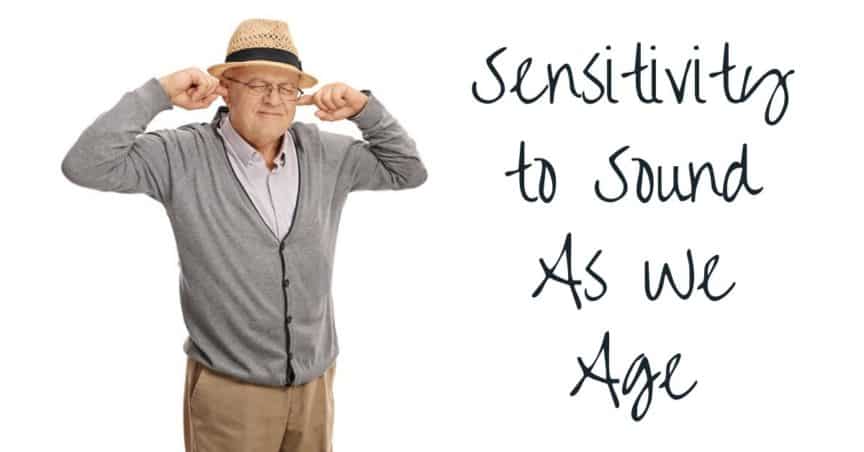In the United States, about 48 million people suffer from hearing loss (about 20% of the population) and about 40 percent of them are younger than 60. Globally, it is estimated that 466 million people have disabling hearing loss.
It is often normal to experience various levels of hearing loss as we age and our brains become more sensitive to the sounds our ears hear. A Canadian study published in Journal of Neuroscience aims to explain why older people have trouble hearing in certain circumstances.
Looking at the responses of the auditory cortex in participants in their 20s and 60s, researchers found that the two generations respond differently to soft and loud sound.
Björn Herrmann, a postdoctoral scholar and the study’s lead writer states, “We looked at younger and older individuals who have clinically normal hearing and we looked at how the brain’s ability to adjust its sensitivity to sound levels is affected by aging. What we observed is that older individuals don’t adapt as well to their sound environment.”
Sensitivity to Sound in Seniors
The results of the study found that when young adults are in a loud environment, their brains become less sensitive to relatively quiet sounds. The brain can then prioritize relevant sounds in that environment and not by distracted by unimportant sounds. For example, a guitar solo during a rock concert.
As a person ages, however, researchers found that older listeners develop an over-sensitivity to sounds. They hear both quiet and loud sounds without being able to filter out unnecessary auditory information. This lack of ability to reduce sensitivity to irrelevant sounds is the cause of hearing challenges in older individuals.
“When the sound environment is loud, the brain activity in younger adults loses sensitivity to really quiet sounds because they’re not that important,” Herrmann said. “Whereas older individuals still stay sensitive to these relatively quiet sounds, even though they’re not important at the time.”
The brain plays a vital role in our hearing ability and is integral to comprehension and speech, too. The inner ear has hair cells that are responsible for converting the noise gathered by the outer ear into electrical signals, which travel along an auditory nerve to the brain. Every one of the hair cells is responsible for converting a pitch or frequency. They are also irreparable if they become damaged or die, so the brain must work harder to process information it is receiving due to the loss of that function. Hearing aids can prevent the mental fatigue that comes with untreated hearing loss.
Irritating and Unpleasant Sounds
Over-sensitivity to sound is one possible reason seniors may find various environments difficult or distracting in which to hear. This could also point to the reason they find some sounds more annoying than others.
“It’s a fundamental property of the auditory system to be able to adjust really fast to any environment a person goes into. If you cannot do that anymore, then in each situation your auditory system might be a little off. This means older individuals may be easily distracted and overwhelmed by sounds, or find them too loud,” Herrmann explained.
Ear-Tronics
Hearing health should not be overlooked when considering your overall health. Better care and attention to healthy hearing practices will allow the auditory system to work its best as you get older.
Researchers at the Centers for Disease Control and Prevention (CDC) have found that approximately 40 million people in the United States, ages 20 to 69, suffer from hearing loss due to everyday loud noises, such as commuter traffic, live concerts and sporting events, restaurants and music through earbuds. An estimated 17 percent of 12 to 19-year-olds show evidence of noise-induced hearing loss (NIHL) in one or both ears. Moreover, the majority of Americans do not realize their hearing has been negatively affected.
Though stigma exists around hearing loss, taking a hearing test, wearing hearing aids, et cetera, it is imperative to your health to work against that stigma by simply having your hearing checked. At Ear-Tronics, we provide comprehensive hearing health services. Contact us for a hearing test and learn about the next steps toward better hearing. Make an appointment with us today!

